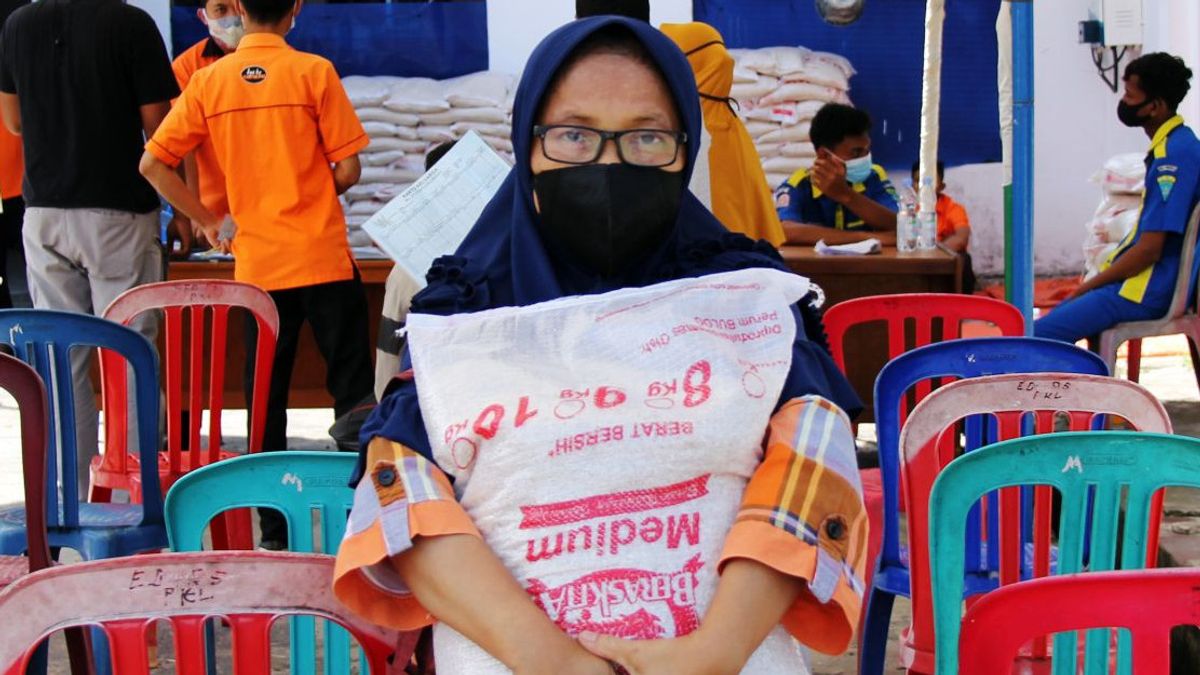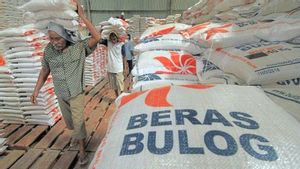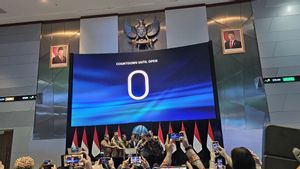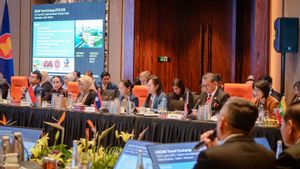JAKARTA - Head of the National Food Agency (Bapanas) Arief Prasetyo Adi said that the rice food assistance program disbursed by the government is needed by the community, especially those with low income.
"It is very necessary when conditions are like today, especially for small communities," said Arief, quoted from Antara, Thursday, February 1.
Arief said that rice food assistance is a government program in the form of distributing rice to beneficiary families (KPM). This program is one of the utilization of government rice reserves (CBP) in accordance with the mandate of Presidential Regulation (Perpres) Number 125 of 2022 concerning Management of Government Food Reserves.
The assistance was given to the low-income community, namely KPM based on data on the Monitoring of the Acceleration of the Elimination of Extreme Poverty (P3KE) of the Coordinating Ministry for Human Development and Culture. The amount of assistance is 10 kg of rice per KPM per month.
The provision of this assistance has been carried out since early 2023, and continues in 2024. The 2024 Rice Food Aid is distributed from January to March to 22 million KPM based on P3KE Data from the Coordinating Ministry for Human Development and Culture. The assistance will be extended from May to June with the State Budget's records still possible.
Rice food assistance aims to help the lower class as well as maintain the level of volatile inflation. The assistance is considered as one of the government's interventions in reducing inflation.
On Thursday, February 1, the Central Statistics Agency (BPS) noted that rice commodities experienced inflation of 0.64 percent in January 2024, with a contribution to main inflation of 0.03 percent.
The increase in rice prices occurred in 28 provinces, while rice prices in 10 other provinces experienced a decline. Other BPS records, namely all provinces in Java, Bali, and Nusa Tenggara experienced an increase in rice prices.
SEE ALSO:
This increase was caused by a lack of supply in a number of areas, mainly due to weather factors and damage to several road accesses. This has hampered the distribution of some food commodities.
Arief said, to overcome the problem of increasing rice prices, his party would accelerate rice production.
He also confirmed that the increase in rice prices was caused by delays in the planting process due to El Nino so that the main harvest fell back.
"We will accelerate production. Previously, it was delayed to plant because of El Nino," he said.
The English, Chinese, Japanese, Arabic, and French versions are automatically generated by the AI. So there may still be inaccuracies in translating, please always see Indonesian as our main language. (system supported by DigitalSiber.id)













